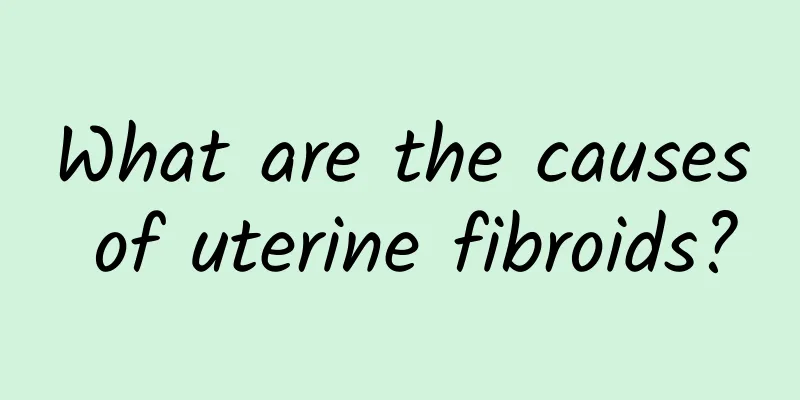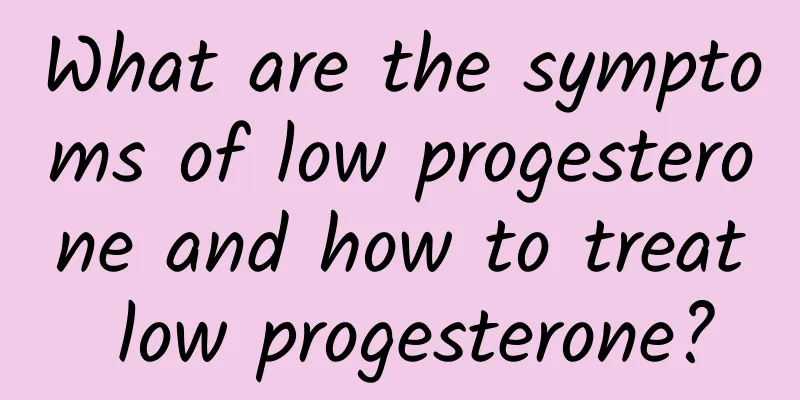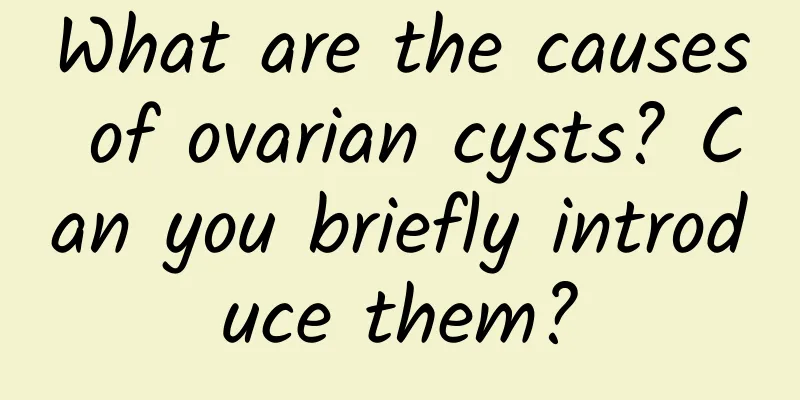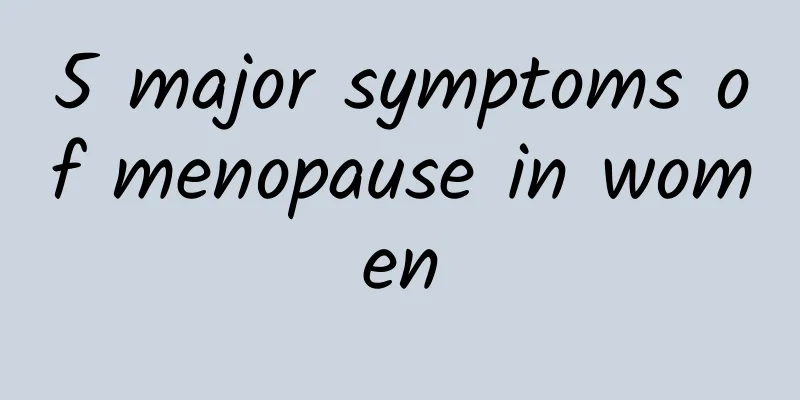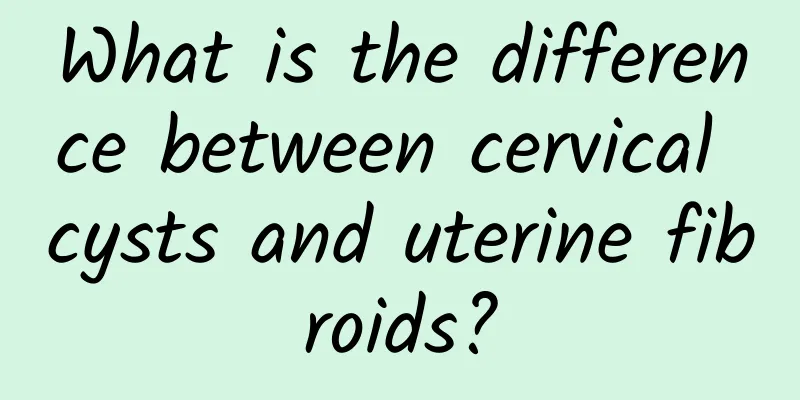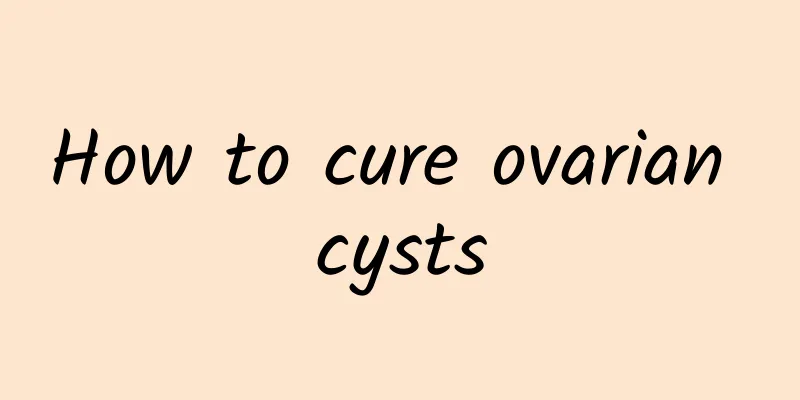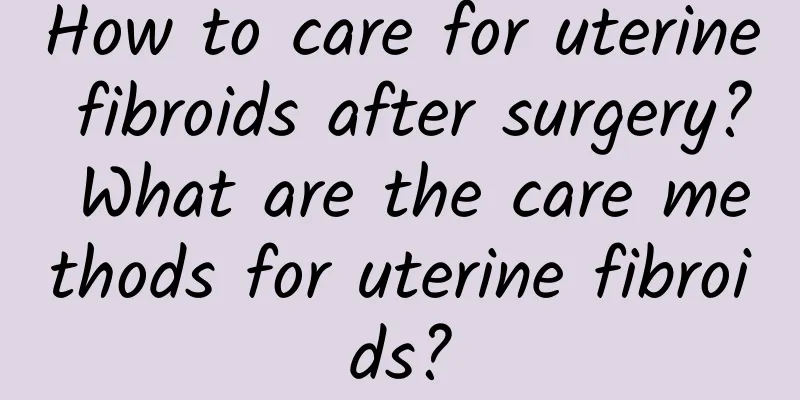What is the best way to treat uterine fibroids?

|
Treatment should be considered comprehensively based on the patient's age, symptoms and fertility requirements, as well as the type, size and number of fibroids. 1. Observation: Asymptomatic fibroids generally do not require treatment, especially in women near menopause. After menopause, fibroids often shrink and symptoms disappear. Follow-up every 3-6 months, and further treatment may be considered if symptoms occur. 2. Drug treatment is suitable for those with mild symptoms, those who are close to menopause or whose general condition is not suitable for surgery. 1 Gonadotropin-releasing hormone analogs: high-dose continuous or long-term non-pulse administration can inhibit FSH and LH secretion, reduce estrogen to postmenopausal levels, relieve symptoms and inhibit the growth of fibroids to shrink them, but they gradually increase again after stopping the drug. The drug can cause menopausal syndrome, and long-term use can cause side effects such as osteoporosis, so long-term use is not recommended. Indications for use: ① Reduce fibroids to facilitate pregnancy; ② Preoperative medication to control symptoms and correct anemia; ③ Preoperative medication to reduce fibroids, reduce the difficulty of surgery, or make vaginal or laparoscopic surgery possible; ④ For near-menopausal women, transition to natural menopause in advance to avoid surgery. Long-acting preparations are generally used once a month. 2 Other drugs: Mifepristone, 10 mg orally per day, can be used as preoperative medication or for early menopause. However, it is not suitable for long-term use because after it antagonizes progesterone, the endometrium is stimulated by estrogen for a long time, increasing the risk of endometrial lesions. 3. Surgical treatment Indications for surgery: ① Excessive menstruation due to fibroids, leading to secondary anemia; ② Severe abdominal pain, dyspareunia or chronic abdominal pain, acute abdominal pain caused by torsion of pedunculated fibroids; ③ Large fibroids compress the bladder, rectum, etc., causing corresponding symptoms; ④ Infertility or recurrent miscarriages due to fibroids; ⑤ Suspected sarcoma. |
<<: What department is the flow of people to?
>>: What medicine is good for irregular menstruation at 39 years old
Recommend
When can I have sex after uterine fibroid surgery?
Regarding the question of having sex after surger...
Three Chinese medicine recipes to treat cervical erosion
Patients with cervical erosion may experience sym...
Analysis of common symptoms of pelvic inflammatory disease in women
Pelvic inflammatory disease is a gynecological di...
Improper post-abortion care can cause pelvic inflammatory disease
After an abortion, the body's resistance is r...
Medical treatments for ectopic pregnancy
Ectopic pregnancy is a manifestation of abnormal ...
Can habitual miscarriage be treated?
With the development of modern society, women hav...
What are the pitfalls of misusing drugs for bacterial vaginosis?
Since the vagina is an open system, the treatment...
What fruit is best for recovery after abortion?
In recent years, more and more female friends hav...
What should I do if I suffer from vulvar leukoplakia?
What should you do if you suffer from vulvar leuk...
What are the things that must be done before abortion?
Many people choose to have an abortion after an u...
Drinking water helps you lose weight, are you drinking it right? Grasp the five golden hours and use the kettle to remind you not to miss them
The weather is scorching hot and you feel like yo...
Can I eat potatoes after a miscarriage? Yes
Abortion is very harmful to female friends' b...
How to use medication for menopausal patients
Menopause is a problem that every woman must face...
Get rid of your fat waist, thick back and wide hips with 4 apple exercises, you can lose weight easily at home
Sweet and fragrant apples are not only nutritious...
What medicine can I take to restore my irregular menstruation to normal?
Irregular menstruation may be caused by insuffici...
